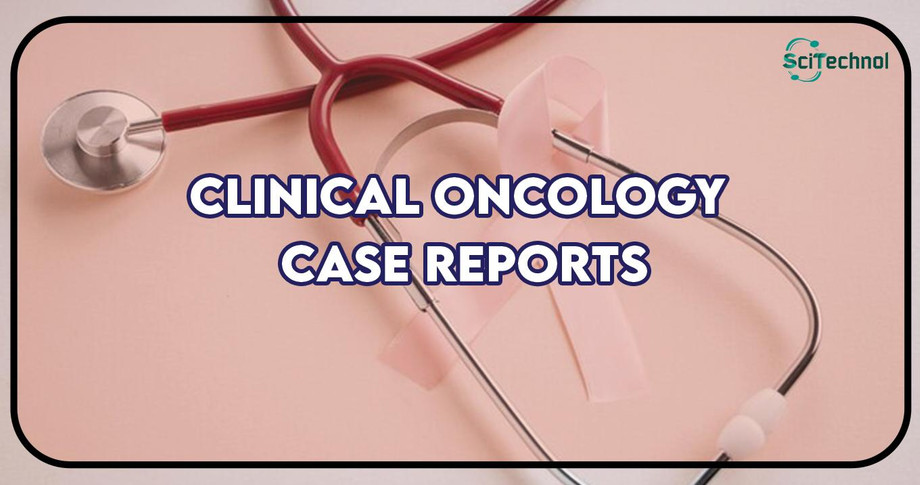Cancer is the second largest cause of mortality worldwide. Over the next 20 years, there will likely be about a two-thirds increase in new cancer cases. For healthcare providers, overcoming this obstacle will be one of their main priorities.
The life expectancy for cancer patients has increased significantly over the past 50 years thanks to the improvement in treatment options. This has been made feasible by imaging technologies that allow for early detection, highly personalized radiation therapy, targeted chemotherapies built on an understanding of the human genome, and immunotherapies.
Precision Oncology
A type of therapy that uses information about a person's own genes or proteins to prevent, identify, or treat disease. Precision medicine is used to diagnose cancer, design a patient's course of treatment, assess the effectiveness of that treatment, and determine the patient's prognosis. Examples of precision medicine include the use of targeted treatments to treat particular cancer cell types, such as breast cancer cells that are HER2-positive, or the use of tumor marker tests to assist in the diagnosis of cancer. It is also known as personalized medicine.
According to a person's genetic makeup, healthcare professionals can propose and arrange specialized cancer-related treatments using precision oncology. This approach to healthcare researches how a person's genes may influence their risk of having cancer or, if they already have it, how various treatments may be impacted by their genes. It also considers a person's propensity to get particular cancers. Precision oncology was created to assist in improving diagnosis and therapy. If someone is at risk for specific cancer, it can also assist them in choosing healthy habits, earlier screening tests, and other preventative measures.
Precision medicine has revolutionized oncology diagnosis and treatment in recent years. Clinicians are now able to customize patient care to delay the beginning of probable illnesses thanks to technological advancements for describing individuals' genomic profiles, as well as the development of digital ways for patients to access and easily exchange their medical records. Given that one in three people nowadays have some form of cancer, this will be very helpful for its prevention. This could also delay or eliminate the need for more expensive or riskier treatments with unfavorable side effects.
Advanced Medical Breakthroughs
Our knowledge of and approaches to treating cancer are being revolutionized by developments in genomic medicine. A proactive approach to treatment, molecular-guided therapy in oncology offers the potential to shorten the duration and cost of ineffective treatments while improving the patient's quality of life.
Both melanoma and breast cancer have confirmed molecular targets that can be treated with FDA-approved medications. Other types of cancer are also modifying their platforms for diagnosis and therapy as a result of these developments. Other types of precision data, such as transcriptomics, epigenomes, proteomics, metabolomics, and digital pathology from the tumor, surrounding tissues, circulating blood, and other body fluids, are on the horizon in addition to genomic data. Multiple cancer subtypes can now be treated because of technological advancement. Pencil Beam Scanning (PBS), a new method that improves beam accuracy, increases the number of cancer spots that might be treated with Proton Beam Therapy (PBT). According to the Office of National Statistics UK, around 200 of the 9,000 patients in the UK who receive PBT each year and whose average treatment costs £114,000 are sent abroad by the National Health Service represent a significant opportunity for the Middle East to establish itself as a center for oncology care.
Our Clinical Oncology: Case Reports Journal is a collection of original articles that draws on the knowledge of top specialists from all over the world. The papers cover a wide variety of clinical, and operational problems and published case reports related to different types of cancer and medicine that use to treat Cancer. We are optimistic that these papers will be a helpful and useful resource for everyone who shares our commitment to achieving a world free from cancer fear.
Clinical Oncology Case Reports is a peer-reviewed international journal dedicated to clinical and medical oncology and cancer research. The journal welcomes submissions from all oncologists, including radiation oncologists, medical oncologists, gynecologic oncologists, and pediatric oncologists. A blend of exceptional original research, instructional case studies, and cutting-edge reviews is provided in each issue, which is carefully chosen.
Journal’s Highlights:
• Anti-Cancer Drug
• Breast Cancer
• Cancer Epidemiology
• Cancer Gene Therapy
• Cancer Therapy
• Carcinogenesis
• Carcinosarcoma
• Chemotherapy
• Colorectal Cancer
• COVID-19 Convalescent Plasma
• Endometrial cancer
• Gastrointestinal Oncology
• Hormone Therapy
• Immune Checkpoint Inhibitor
• Liver Oncology
• Lymphoma
• Neoplasm
• Precision Medicine
• Radiation oncology
• Radiotherapy
• Stem cell transplants
• Targeted therapy
• Tumor Immunity
Submission Link: https://www.scholarscentral.org/submissions/clinical-oncology-case-reports.html
Email us: oncologyreport@escienceopen.com


